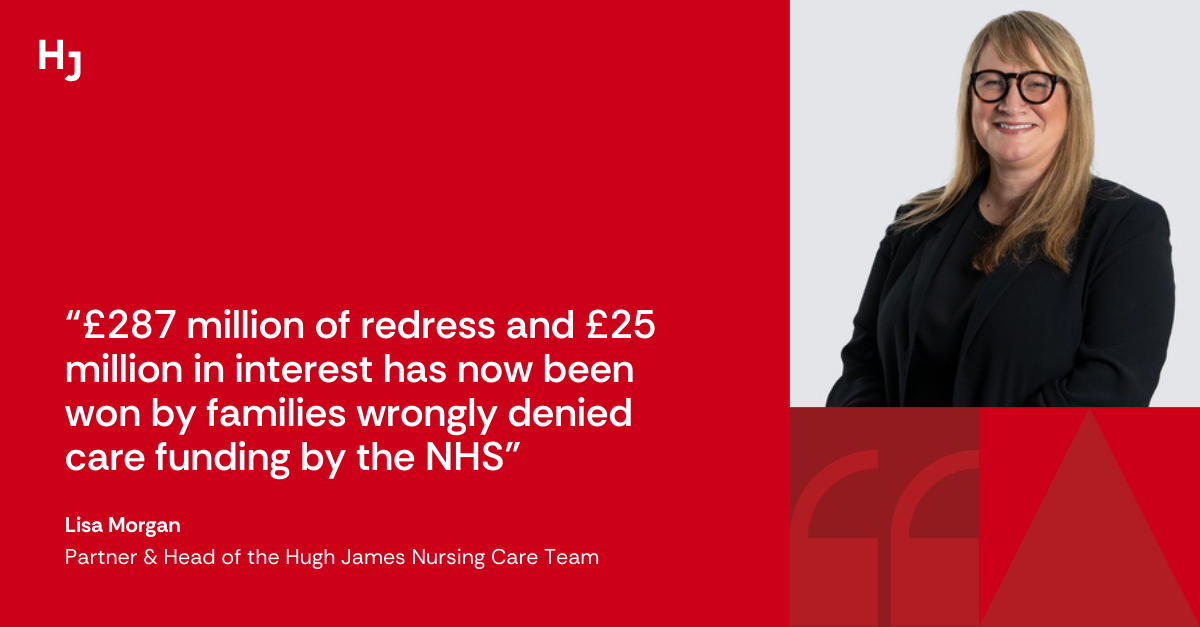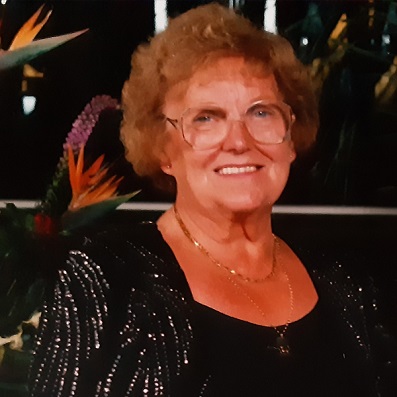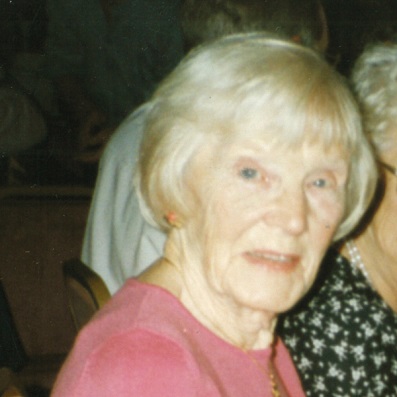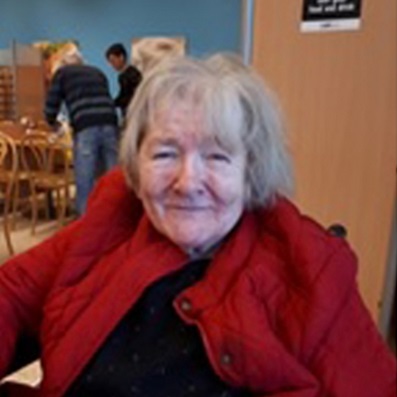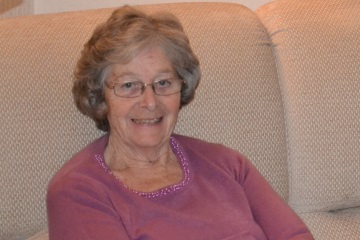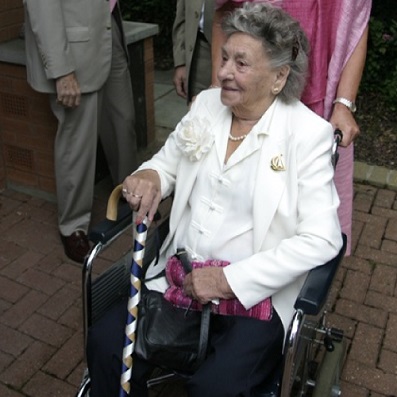There are many companies who specialise in this area. However, as solicitors we are regulated and very experienced in what we do.
The team at Hugh James have more than 15 years of experience and have won awards from The Law Society and Age Cymru for their work.
Some of our clients question how non-medically qualified professionals can challenge health decisions. Whilst the people making decisions regarding eligibility for continuing healthcare are health and social care professionals, their decisions are being challenged and it is our job to demonstrate they are unsound by analysing medical evidence and applying it to the criteria. Whilst the process is not legal, it is a dispute resolution process and many Independent Review Panel chairs are former solicitors and barristers.
Due to Hugh James experience and depth of knowledge, we are respected by health and social care professions and panel chairs for the work we do.
The skills developed by lawyers – analytical, evaluating, interpreting and advocacy is key in being successful and it is of no surprise that all companies employ law graduates to undertake this work.
Unlike solicitors, unregulated advocacy companies are not obliged to provide clients with the best advice and be clear and transparent about their charges. They cannot advise on the option of court proceedings against health authorities for unsound decisions by way of Judicial Review, as they cannot by law undertake reserved legal activities. Read our blog answering can you challenge an Independent Review Panel decision?
The other added advantage of instructing a solicitor is protection if something goes wrong. Sadly, we have seen first-hand, companies not providing accurate advice leading to clients losing the chance to proceed or companies no longer being in business. Solicitor practices are far more stable, but in the unlikely event that something does go wrong, clients can at least rely on solicitor’s professional insurance policy. They can also have recourse to the Solicitors Compensation Fund.
